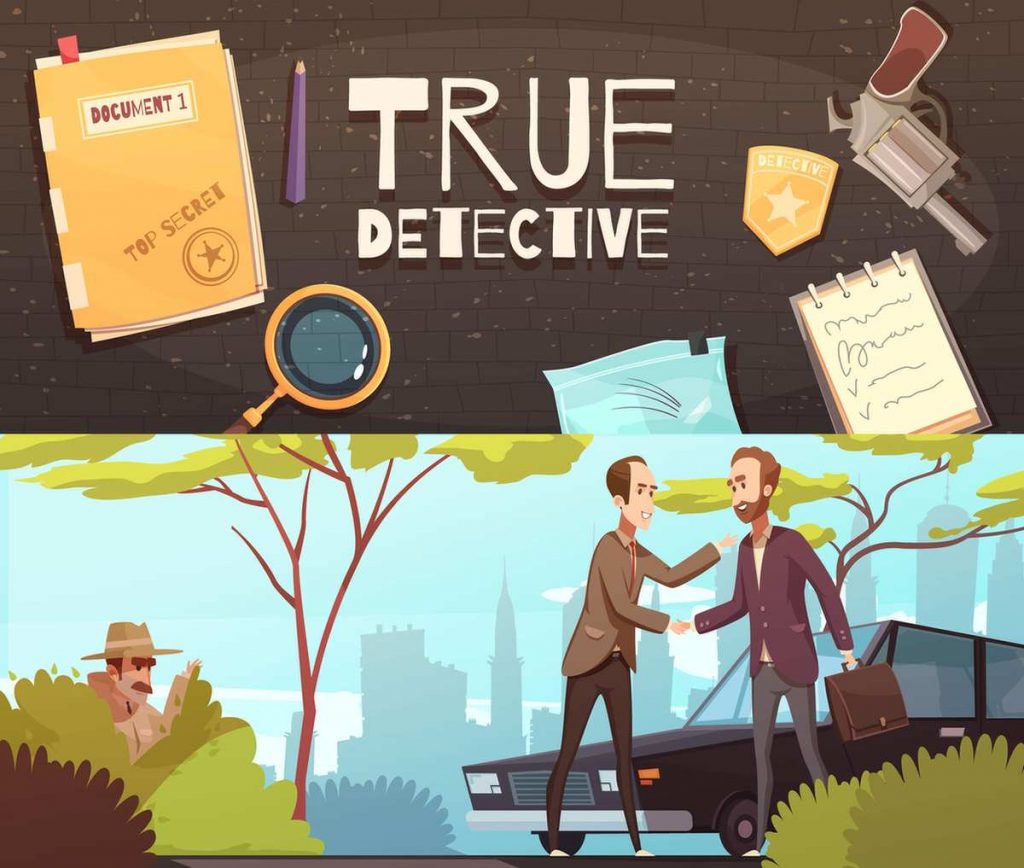
Private investigators should possess a sharp eye as well as a keen eye for detail and a sharp mind. Sometimes known as private detectives.
They are experts utilize a variety of investigative and surveillance techniques to obtain accurate information on the topic or the situation of concern.
Private investigators are certified to practice in the state where they operate, and they can be employed full-time as employees or contracted to work for private detective companies and private companies, police departments and organizations as well as private clients.
There is a lot of knowledge available on what is a private investigator but it isn’t easy to locate readily accessible information about private investigators and the places the places where private investigators work.
While the services they offer will differ depending on the particular case or the industry they are working in however their skills are generally similar as they are expected to discover the truth and facts, analyse data, and present customers with findings of their research.
The Bureau of Labor Statistics defines Private Detective Services or private investigators as experts who are required to “gather clues and verify facts for their cases,” and P.I.
Magazine, a leading industry publication describes private investigators as experts who “work to collect information and evidence related to an incident or case …”
No matter what profession or field an investigator in private investigation chooses their strengths lie in the ability to gather and analyze data. This can include:
- Performing undercover investigations
- Performing surveillance activities
- Reporting on the findings and documentation of investigation findings
- Interviewing people
- Researching
After you’ve learned what a private detective is Here’s the information you require to know about the places they are employed.
Where Do Private Investigators Work?
Investigators with expertise are needed in various sectors. The expertise and skills of private investigators can be valuable in a wide range of industries that include:
- Computer forensics services
- Personal security services
- Investigations undercover
- Supplier, vendor screening, and employee screening programs for employees, vendors, and suppliers
- Crisis intervention services
- Prevention of loss at the retail store and how to prevent it
- Services for criminal investigation
- Polygraph services
- Missing person’s Services for the missing person
- Screenings for pre-employment
- Private Detective Agency
Certain private investigators focus their work in a particular subject, such as the private sector, security and fugitive recover as well as criminal justice. The American Association of Professional Investigators has different specializations for private investigators, such as:
- Civil investigation
- Criminal investigation
- Business administration investigation
- Criminalology as well as behavioral science
- Terrorism and intelligence
- Ethics and law enforcement investigations
- Specially-designed victims of child abuse/nursing homes/specially-designed nursing
- Security
- Computer forensics/Internet
Private investigators can focus their work on locating missing individuals, performing background checks, carrying out investigations, or even conducting marital investigation.
Private investigators could work alongside law enforcement officers in criminal investigations. They could work as skip tracer along with bail bondmen or bounty hunter. They might be specialized in identifying insurance fraud or locating missing children.
Private investigators can also be employed in a more general sense, offering an array of investigation services to customers.
Whatever the field or field that they are working in private investigators must adhere to strict standards that are usually imposed by law of the state.
A lot of private investigators belong to state professional investigator associations, which require them to comply with an established set of bylaws, as well as a code of conduct.
What are the Requirements to Become a Private Investigator?
Although it’s not required for licensure by the state, many private investigation companies will require that their workers hold at least a bachelor’s qualification in criminal justice, or similar program. Additionally, since many private investigators have had experience in different fields of law enforcement, or the criminal justice sector usually have an education of some kind or experience.
It is, for instance, fairly typical for former police officers, detectives as well as military officers to pursue jobs as private investigators.
As of today to date, 43 states have required state licensing to be able to work as private investigators. In addition, states with no state licensure usually require licensing locally.
So becoming a private detective typically is not just about obtaining formal training and education required, but also state licensure too.
State licensure guarantees that private investigators are working within the confines of law and comply with strict rules and laws.
State licensure requirements differ between states, however, most states have the following:
- High secondary school diploma GED
- A minimum age of 18 (state requirements vary between 18 and 25)
- Clean criminal record convictions of felony, or moral turpitude-related crimes
- Experience in the workplace and/or an education at a college
- An United States citizen or legal resident
Certain states require that applicants pass the state jurisprudence exam prior to being licensed. Other states require ongoing education every renewal.